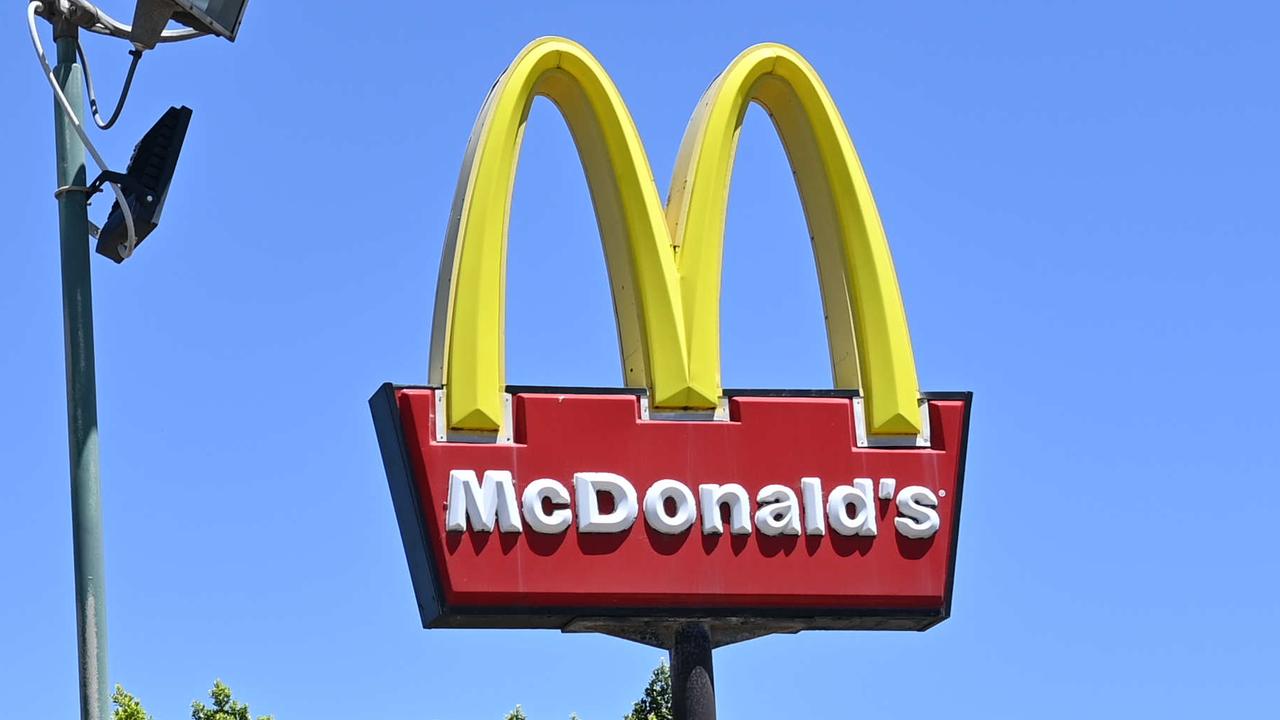Illegal cigarette and vape market to slice $12.5bn off federal budget
The booming illegal smokes and vapes market is cutting a swath through the federal government’s budget, with tax revenue from tobacco set to fall by $12.5 billion over five years.
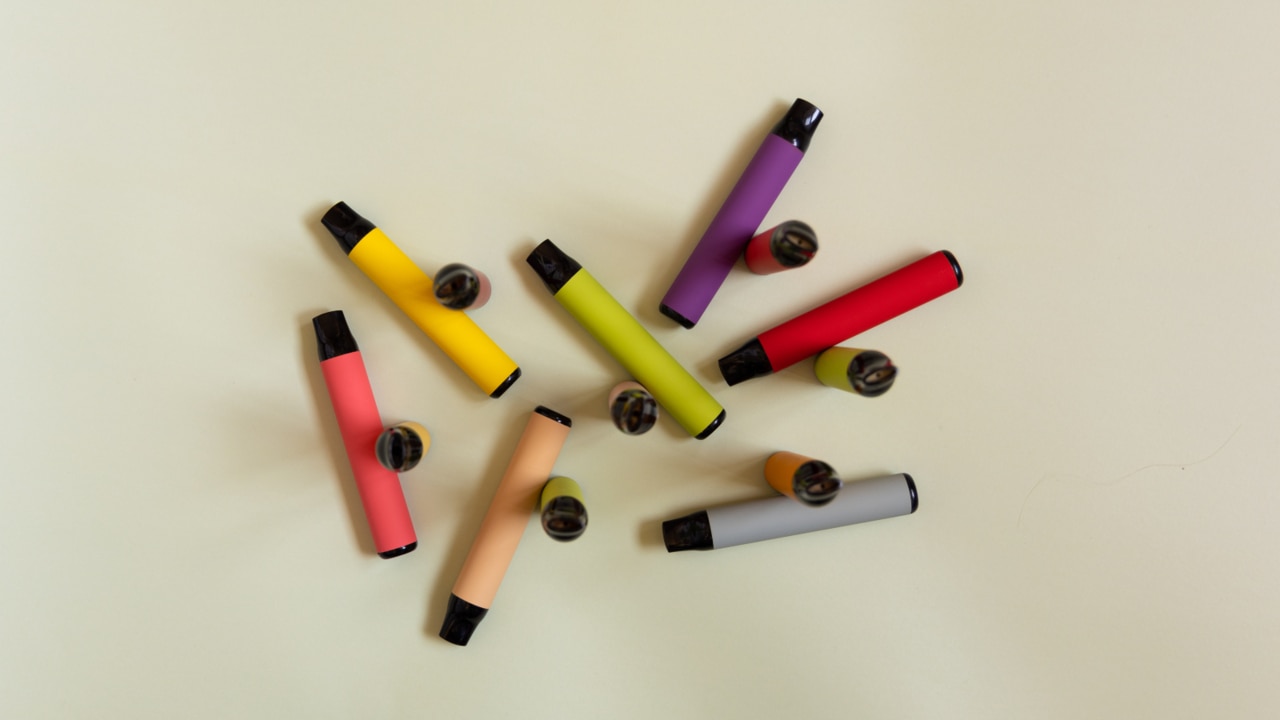
News
Don't miss out on the headlines from News. Followed categories will be added to My News.
Exclusive: The booming illegal smokes and vapes market is cutting a swath through the federal government’s budget, with tax revenue from tobacco set to fall by $12.5 billion over five years.
Federal budget papers released last Tuesday showed the estimated tobacco excise take had been slashed by $2.35 billion this year alone since December, a fall of 18.3 per cent.
The sudden revenue writedown, the second largest in all of the federal budget, has largely been caused by the deluge of illegally imported cigarettes that are openly on sale across Australia for in some cases as little as $15 a packet.
The fabulous profits to be made in the black market have led to increased violence between rival gangs, which has seen more than 50 smoke shops firebombed this year in Melbourne.
But over the medium term the shift to illegal smokes and vaping products is going to have a much bigger impact according to budget papers.

Last year’s budget forecast $14.65 billion in annual revenues from tobacco excise in the 2026-27 financial year, up from the $10.5 billion the Government says it will collect this year.
This included an extra $3.3 billion the Government said would be raised by increased taxes, taxes which were meant to give the states and territories an extra $290.0 million in GST over the 5 years from 2022–23.
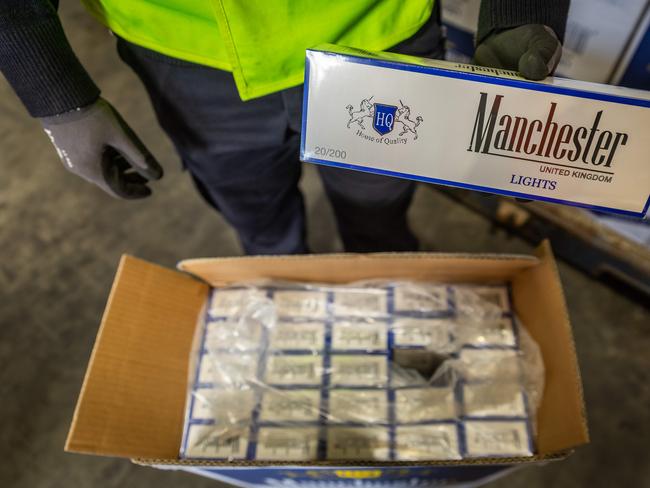
But, instead of revenue from the sale of tobacco rising, the Government now estimates it will drop.
Overall revenue is now expected to be $12.5 billion lower than was estimated 12 months ago.
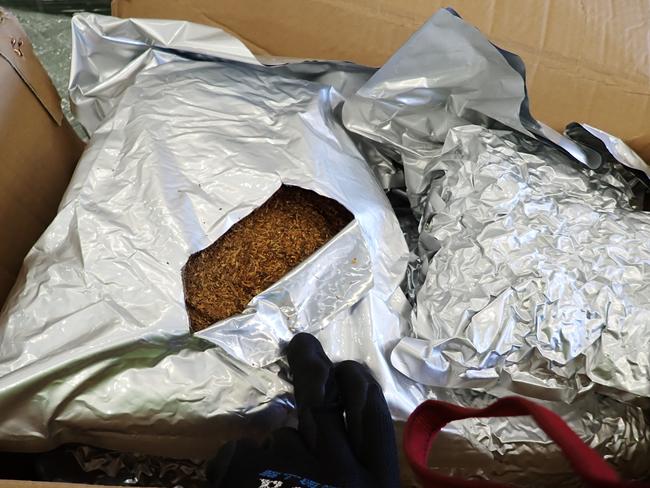
This drop comes despite Health Minister Mark Butler promising in January the Government would spend $188.5 million over the next four years cracking down on illegal nicotine.
According to the Australian Institute of Health and Welfare’s household drug survey, smoking rates have dropped by roughly a quarter since 2019 from 11.0 per cent 8.3 per cent in 2022-23 – a fall of around 6 per cent a year.
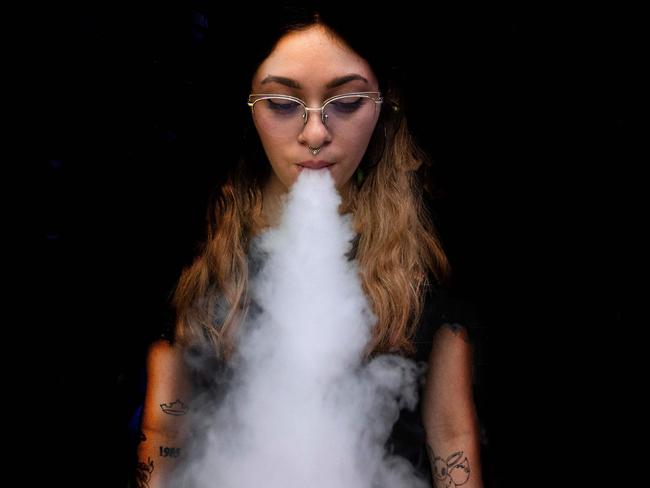
But the drops in revenue far outweigh drops in smoking numbers.
Senior Lecturer in Criminology at Deakin University James Martin said decline in estimated revenue could be explained by the booming nicotine black market.
“The more they keep putting up the excise, the more the black market is going to grow,” he said.
“The whole idea with putting the excise up is it forces people to quit smoking but, as the black market expands and cheap illegal cigarettes become more widely available, this pricing signal becomes less relevant.”
He said if current trends continue, the Government would be squeezed both ways – forced to pay more and more of the health cost from people smoking but collecting less and less revenue from smokers to offset it.




